Have you spent any amount of time on Twitter recently? If so, you’ve probably seen variations of the “CHAOS” meme floating around. Stranger of Paradise: Final Fantasy Origin’s main character, Jack Garland, is focused on one thing and one thing only: killing Chaos. It is his drive, his passion — and it’s the only thing he talks about, disregarding friends and foes alike in that single-minded pursuit. That sole desire of killing Chaos leads players into a story that is much more than it seems on the surface. Even though there are a few missteps along the way, Stranger of Paradise is quite possibly the most earnest and enjoyable multiplayer Final Fantasy experience — if you let it breathe and give it a chance.
Note: While I will not spoil the ending or major plot beats, this review does delve a little into the overarching themes, which can be spoilers for some. Read at your own risk.
To say the things he truly feels

The game starts off feeling like a dream — story beats seem like they’re missing, party members make off-handed comments about something the player has no way of knowing anything about, and story characters obviously know too much, but refuse to say anything further. While this is undoubtedly intentional, for players who are just starting off, it is jolting — at least, until Jack says or does something incredible, such as interrupting a heartfelt story told by one of his party members with “Bullshit.” before storming off to Limp Bizkit-sounding music. No, I’m not joking, and yes, it’s every bit as awesome as it sounds.
That isn’t the only instance of Jack acting like that either — he interrupts the Dark Elf King’s plot exposition demanding to know where to find Chaos. He interrupts a major story bossmonologue with “I don’t give a fuck who you are!” before superhuman punching it. He regularly tells his party members that “It’s a blessing to forget.” You see, Jack and his party members have forgotten everything about themselves — who they are, what their actual purpose is, and so on. The only thing they know is that Chaos exists, and they must kill it.
And not the words of one who kneels

During your adventures throughout Cornelia, you will have the opportunity to read the load screen dialogue about the zones you’re about to explore. Each of these zones hail from a different dimension — in actuality, a different Final Fantasy game. Every main-line Final Fantasy game is represented by their more iconic locations. For example, Final Fantasy 14 is represented by Satasha, the first dungeon players explore, while Final Fantasy 8 is represented by the Fire Cavern where you recruit Ifrit. These load screens hint at a higher power that can freely visit these dimensions and shape the land as they see fit.
These beings, known as Lufenians, are never really interacted with — but their story is told through data logs and memories found while exploring. Turns out entities that pretend at being God are, more or less, not great people! The majority of the climax of the game is dealing with what these revelations mean to Jack and his party as they slowly regain their memories.
While the story may not be the greatest tale ever told, it definitely works for the subject matter — if you suspend your disbelief and allow the story to actually play out. A sequence in the end-game had me legitimately tearing up — which leads back to how earnestly the game approaches the story it’s trying to tell. It may approach certain tropes a little tongue-in-cheek, giving Jack free reign to edgelord and brood his way through situations, but it all wraps back around into a satisfying conclusion.
The record shows that I took the blows

It is unfortunate that the story is marred by the distracting graphical quality, however. I played the game on PS5, but it felt like I was playing a late-gen Playstation 3 or early-gen Playstation 4 game — muddied environments and very slight stuttering whenever too many explosions were happening was common. I’ve seen PS4 footage, and it looks even worse, unfortunately. This isn’t fatally distracting, however, as I did not encounter any major issues during key boss fights, and only once felt that the game cheated me on a death due to too many visuals happening.
Where Stranger of Paradise really shines is the action role-playing. Playing the game feels good. Really good. I can’t remember the last time I’ve actually felt pure enjoyment in an action game like this outside of Elden Ring. I have all 28 Jobs unlocked and leveled to 30, and every single job save for a handful just feels fantastic to play — and the few that don’t are probably a manner of personal taste.
And did it my way

The stage designs are unfortunately a little cut-and-paste — mostly hallways that repeat with very few set pieces outside of boss rooms and occasional references to their original game (Final Fantasy 10’s Mt. Gagazet has a tri-color barrier, for example.) This is a slog to get through, especially on the more complicated or boring stages — Final Fantasy 11’s Delkfutt’s Tower or Final Fantasy 13’s Sunleth Waterscape stick out the most to me. This is made up for by having interesting and unique boss challenges that require different Jobs — a few bosses are easier to Break via Break Gauge damage, while others may require certain elements to do away with boss mechanics.
The prime draw, however, is experiencing these encounters with friends. The multiplayer in this game is seriously good — kicking the shit out of Tonberries or comboing up on a staggered Zombie Dragon is some of the most fun with friends I’ve had in years. The game doesn’t end when you beat the story, however — a higher level Chaos Mode awaits, giving players the opportunity to grind up their Item Level in preparations for the raid content coming later.
The verdict

While some may be put off by the game’s approach to storytelling, and the unfortunate graphical situation, the sum of all of Stranger of Paradise’s parts outweighs its issues. The game is about an amnesiac edgelord who wants to kill Chaos. The game is about discovering what friendship truly entails, and how far someone would go to protect what they love. The game is about forgiveness, and overthrowing the shackles placed unjustly by those in power. The game is about punching the ever-loving crap out of a Cactuar, grabbing it by its legs, and exploding it in a finely-pasted mist while your friends cheer you on. All of the above is true, and it makes for a truly unforgettable experience.
Final Score:
8.5 / 10
| + | Excellent job system, with every Job and play style more or less represented well |
| + | Multiplayer and combat are some of the most fun experiences this year |
| + | Fantastic art direction for weapons and armor alongside top-notch audio design |
| – | Actual level design and graphical fidelity leaves a lot to be desired |
| – | Story can be hit or miss for many people, mostly backloaded with the good stuff |
Gamepur team received a PlayStation code for the purpose of this review.

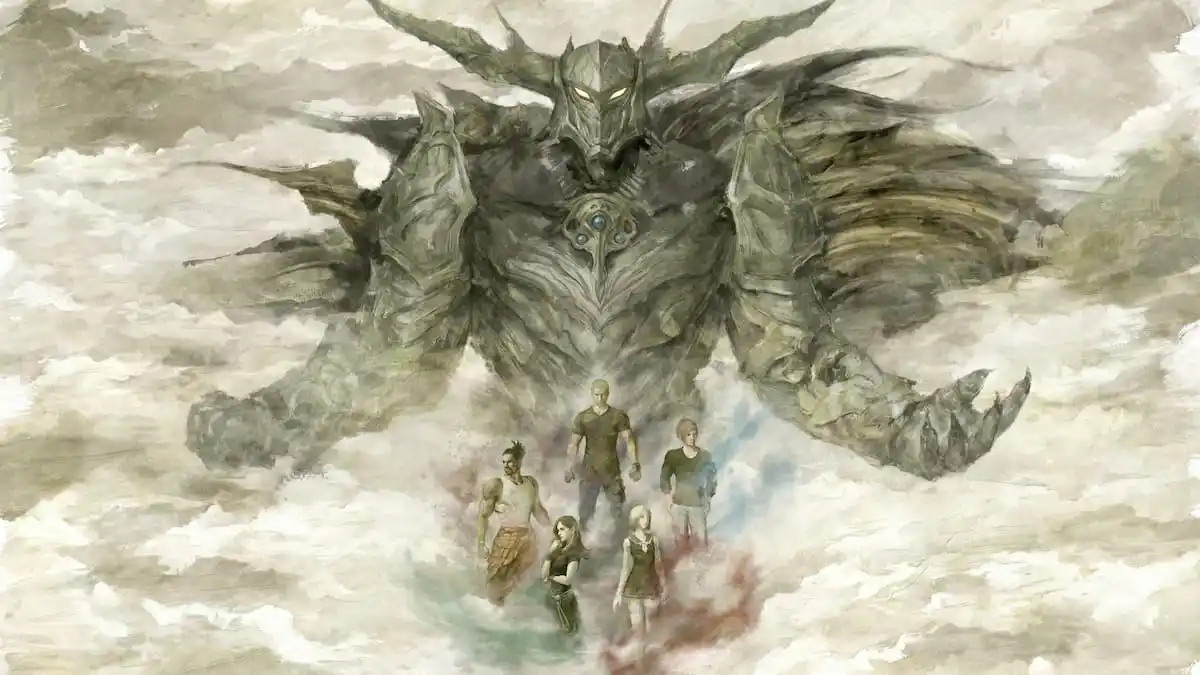
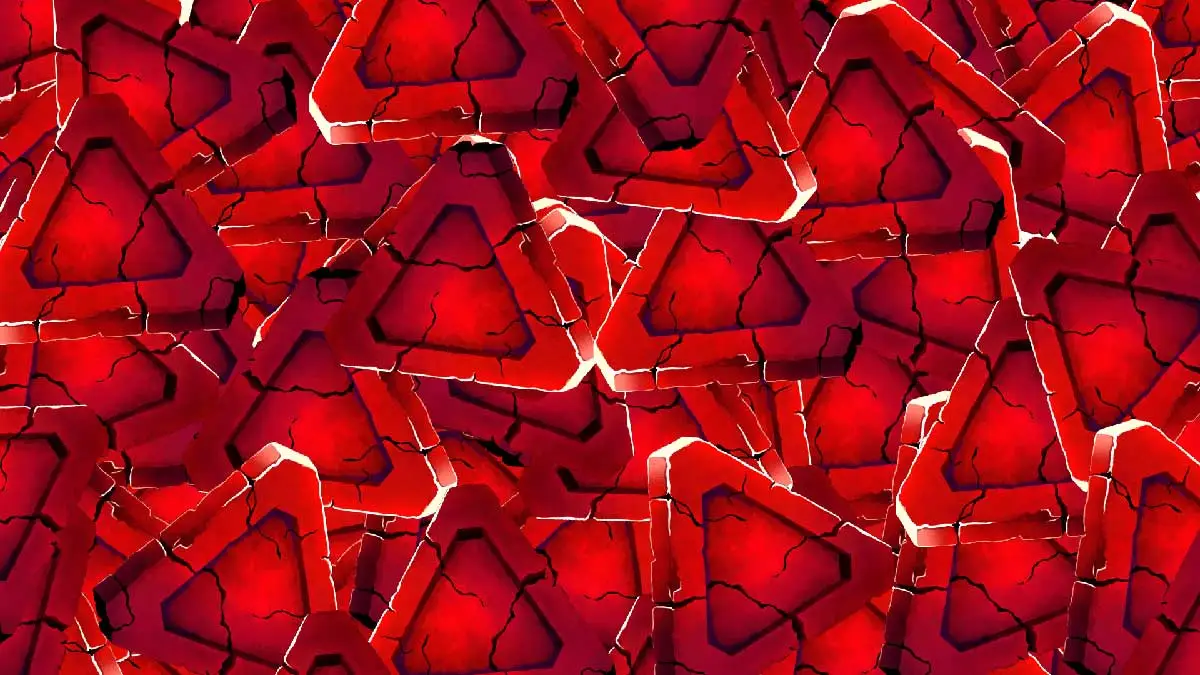
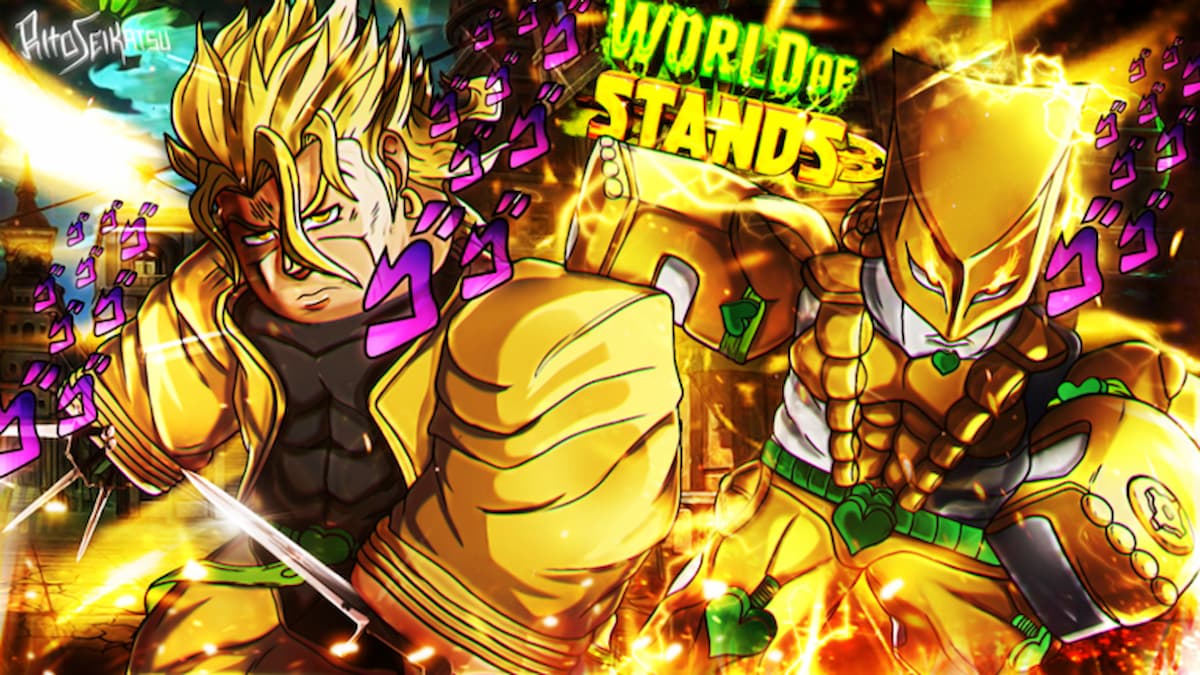
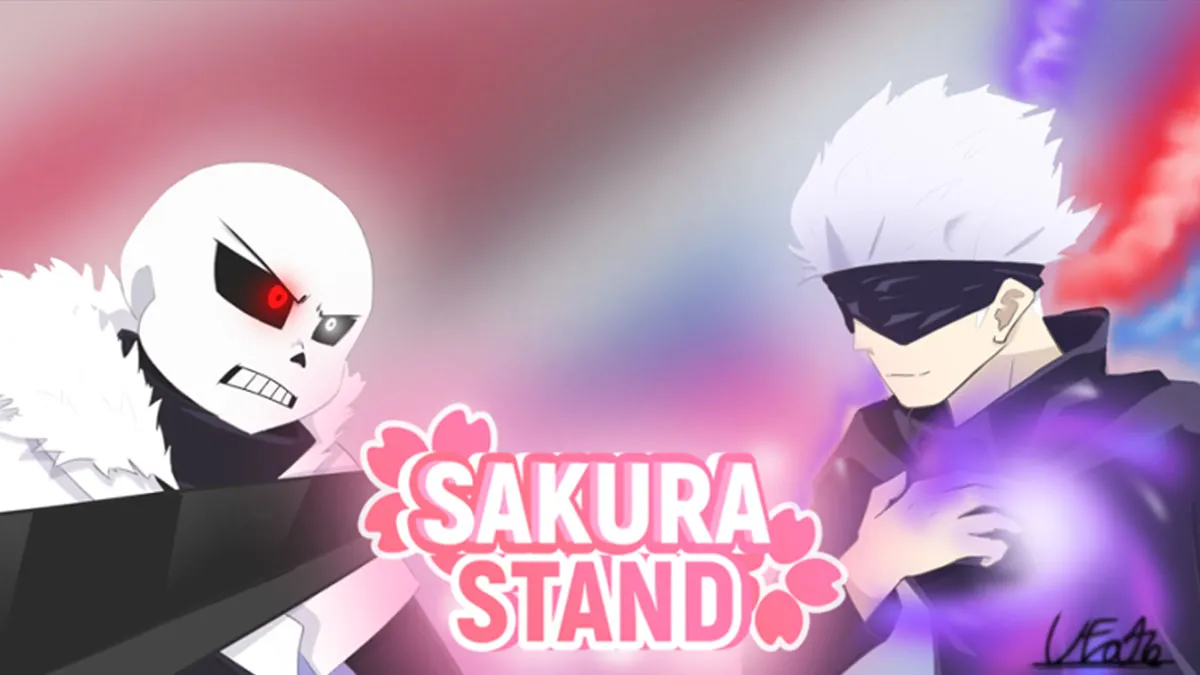
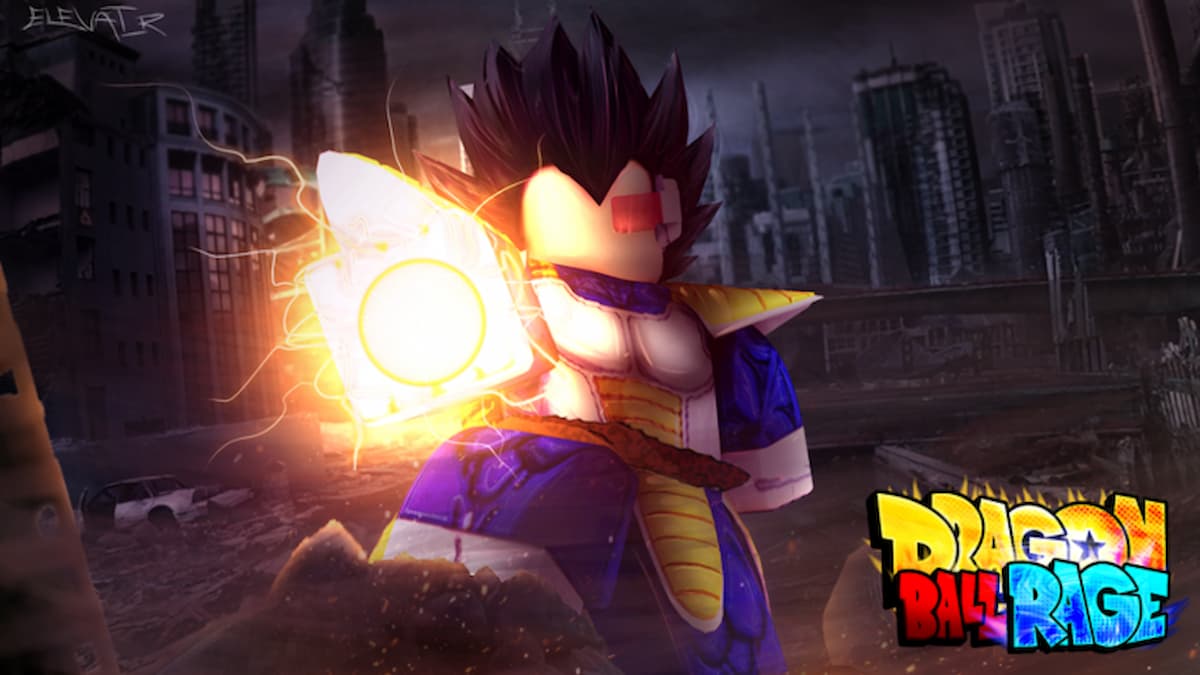
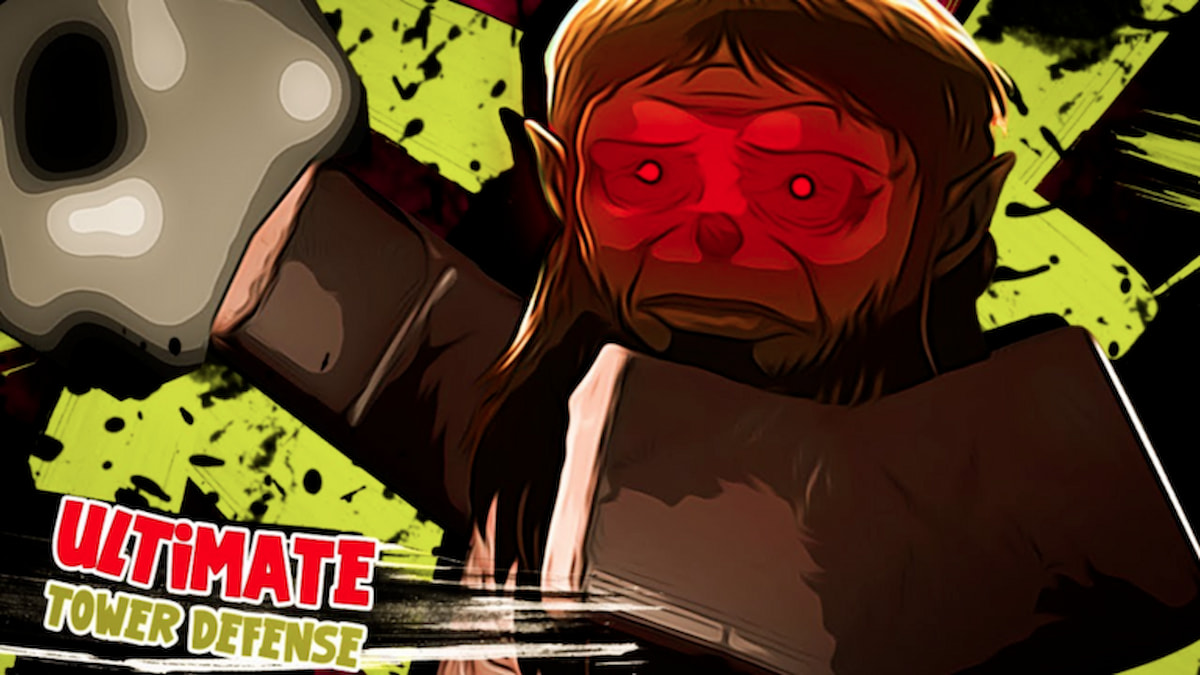
Published: Mar 17, 2022 10:53 am